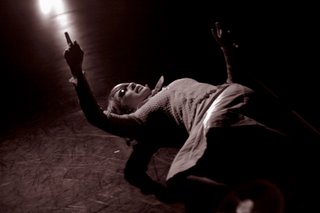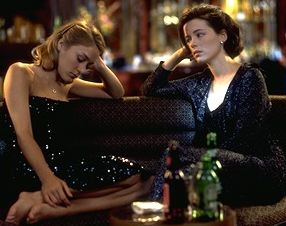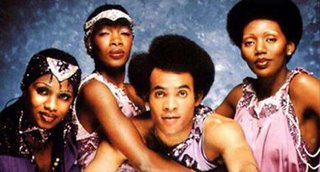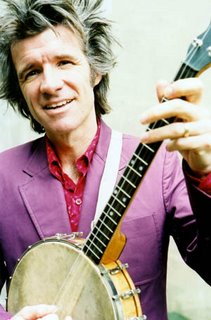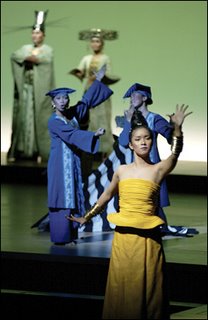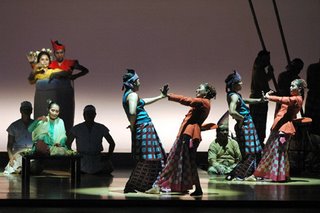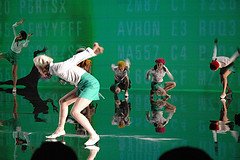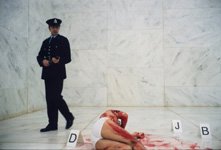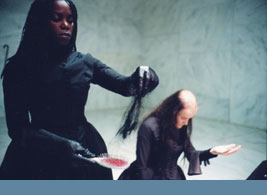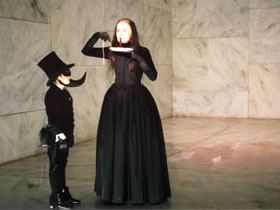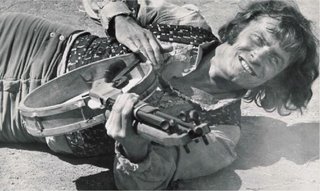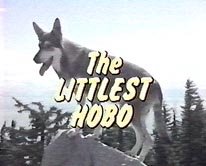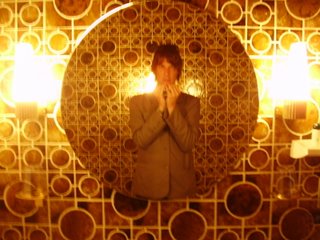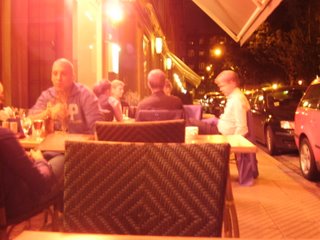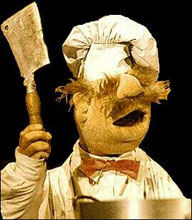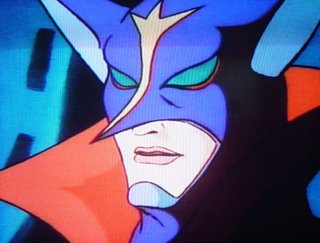
Our old friend Saint Augustine tells me that “Life is a book; not to travel is to read only one page.” Augie’s modern day equivalent, Oprah, gives us contrary advice: “Wherever you go, there you are.” I don’t know who is right, and today I was wondering which side I’m on. Does travel change us, expand us, make us more? Or do we carry our bags at all times, every new destination only reflecting where we’ve come from?

Talking to Darko last night, I learnt that he’s studying psychoanalysis, which was interesting as I’d never met someone who was accredited in that field and also because the guy next to us had a drink gaffer-taped to his hand and a chair taped to his leg, which begged interpretation from some kind of professional or at least exuberant Montenegro guy who was on his way there. I asked Darko the obvious question, given the company he kept and the past he’d had (not much fun, to put it blunt-wise): you’re doing it to understand yourself, right? He laughed (which, typically, made the table shake, plaster fall from the ceiling and old people in nearby apartments cross themselves and whisper prayers to the Lord) and nodded, going further to argue that every conversation with another person is just a chat with ourselves.

But if that’s the case, I’m back to the same old question: why am I here? Don’t get me wrong. I’m not asking this in the manner of some old guy who spends as much time as he can sitting in his ’83 120Y listening to Yes and wondering how he went from a go-getter who possessed what is known as “potential” to a mortgage-saddled burnout trying to raise a blended family while doing his best to avoid them. I mean, sure, I’m an embarrassing husk of what I might have once been. But I’m still doing ok. The reason I was thinking along these lines today was simple. In hungover agony, I started pondering the routines I fall into, the rituals that tell me who I am. No, I’m not going to detail any here since that’s none of your business, but I suppose putting yourself in a strange environment throws those patterns into relief, makes you wonder why you react to something in a certain way and not another.

Let’s take another philosophical position: to be is to do. We don’t arrive at our selves fully formed, but continually produce who we are by the way we act, and the way we react. Of course, you can argue that we don’t have that much choice – how we act is often conditioned by other factors. But once you realise a constant to your personality, once you’re aware of it, you suddenly do have that choice, since to continue to act that way is no longer something unconscious. Maybe that’s what travelling can offer: the chance to change. Maybe not.
Switching gears, or perhaps just coasting for a while: If we are what we do, I understand why I like Copenhagen so much. It’s the bikes. It’s most definitely the bikes. Words can’t really do justice to their ubiquity. I cannot recall, in all my time here, a moment when a cyclist wasn’t in view. Moreover, from anywhere I’ve been there has always been at least a dozen parked bikes visible. Everyone rides, everywhere, and it’s probably why everyone seems so damned fit. They’re not the cycle freaks of most countries, pedalling determinedly in lycra and fierce scowl; businessmen, pensioners, supermodels and ferals all rub elbows in the bike lanes that border every roadway.
If there’s one piece of advice I’d give any traveller, anywhere (except, perhaps, London, where traffic is lethal) it’s to buy a bike. It’s not just the fact that an entire city becomes convenient, any destination just a few pedals away. It’s the unique mode of perception made available. You get to see vastly more of your environment, without removing yourself from it. You’re still in the streets that you ride, but can skip the boring bits. In a car or bus or train, the panorama unfolds like a TV screen. Riding around a strange city is less like TV, and more like being really cool in a cool place with people who think you’re cool. Not exactly, but it feels like it (cool). Riding a bike is fleshy, corporeal. And when it comes to Copenhagen, it’s terribly cute.
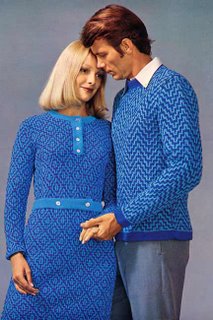
In Malmö, another bike city, I saw an older woman telling off a young cyclist in corporate attire for talking on her mobile while riding. In Copenhagen, riding while talking is very common, and unremarked upon. I don’t know what the distinction means, but it feels like something.
Both cities have one thing in common, though: European wasps hovering over every bin. I guess it’s Europe, after all.
My last night in this city I’ve grown to love ends on a strange note. When I return to the campsite at around 11pm, I notice a row of candles leading up the hill to the site restaurant (yes, they have a restaurant. While I’m drowning in a sodden tent, the camper van crowd is living it up on Tuborg and saganaki). I realise that I haven’t seen the campsite at night, so this might be a regular thing, but I wander up the steps anyway. I pass the restaurant and head for the beach, avoiding the couples dotting the shore. They’re murmuring quietly on benches, and I can’t help but think how camping is connected to whispers, furtive sounds slipping out from canvas and zippers to only hint at what’s going on inside. Camping is stealth, cunning and disgraceful.

I wander down to the two piers which jut out fifty metres or so onto the water. The first had a white-clad garble of figures vaguely discernible at its end, a romance-ridden couple, probably, so I keep on till the second quay and tread the creaking boards. Near its terminus, I sit down and look out at the lights of the city in the distance, and the foggy grey of the horizon. A smudge of light, only visible at the peripheries of vision, might be Malmö. Boats are sprinkled along the horizon, betrayed by tiny safety torches.
Then I hear him. It’s not a couple on the other pier, but a man on his own. He is visible as a vague silhouette, kneeling. He is singing.
It’s a devotional song in Arabic, a Muslim prayer directed out across the ocean. His chorus is the birdlife quacking and squealing at irregular intervals and the steady lapping of waves against pylons.
His song is the most beautiful thing I’ve heard on this trip, and I feel like I’m his sole audience member. The passion with which he sings is audible in the occasional cracks in his voice, not flaws but fault-lines suggesting a tectonic, heaving faith. There’s a gradual rise in volume, until he almost seems to be crying his song. After 20 minutes he hobbles to his feet and staggers off. A drunken prayer, perhaps. Still a beautiful thing.
Time to leg it from this joint. This morning was an exercise in disaster, to overstate the case (as is my wont). I hadn’t banked on summer nights in Denmark hitting freezing point, and so I spent the night in my tent shivering, sleepless, wearing every item of clothing I’d brought for the trip and serenaded by the chatter of my own teeth. When I got up at sunrise (not woke up, since I hadn’t gotten a wink, but literally just stood up to see if sunlight meant warmth, and to separate night from day) my troubles, well, continued. I bought a bottle of orange juice from a supermarket and took a big swig. Thus discovering that I’d bought a bottle of orange cordial. I dropped my iPod in a puddle. I decided to ride the 40kms to Koge on a rusty bike with one brake, a backside and spine nearing breaking point, a pocketful of krone and a heartful of optimism. Care to join me?

